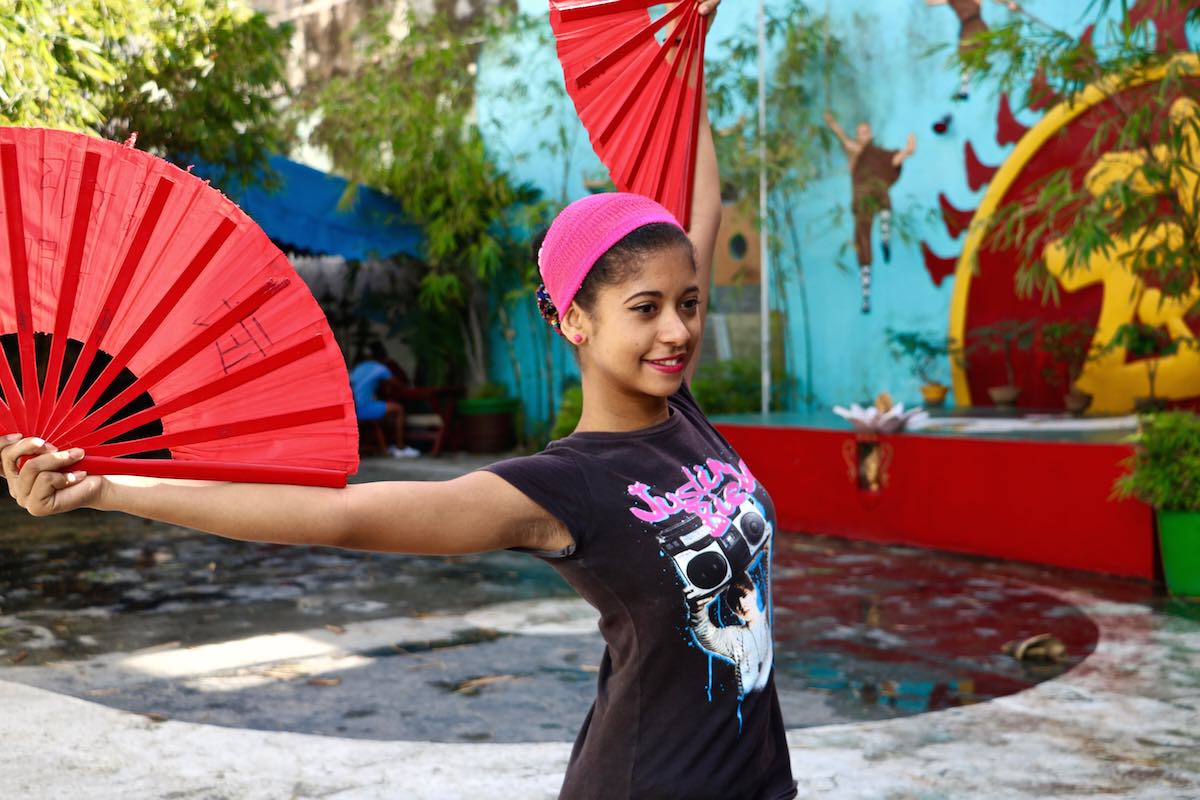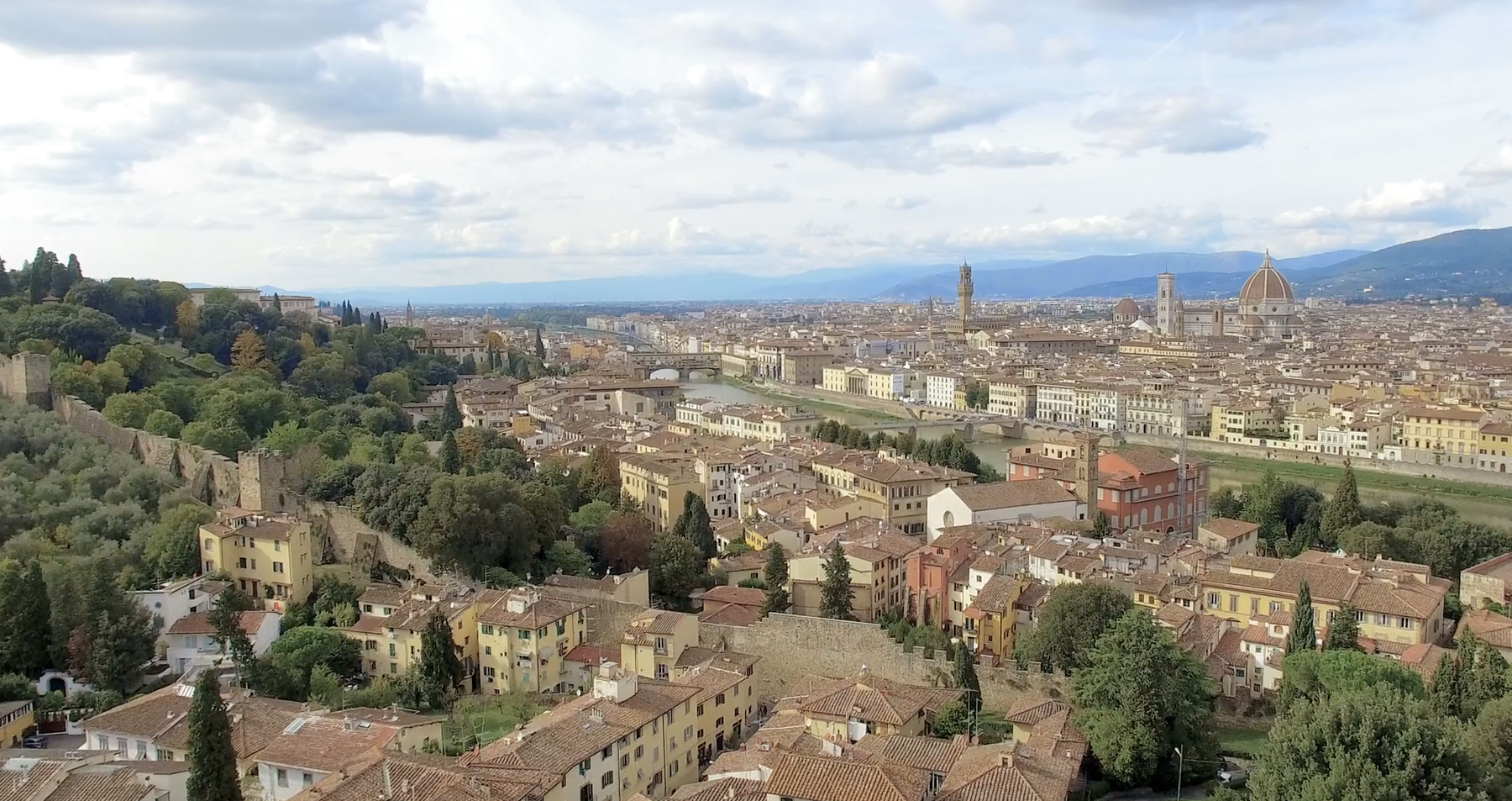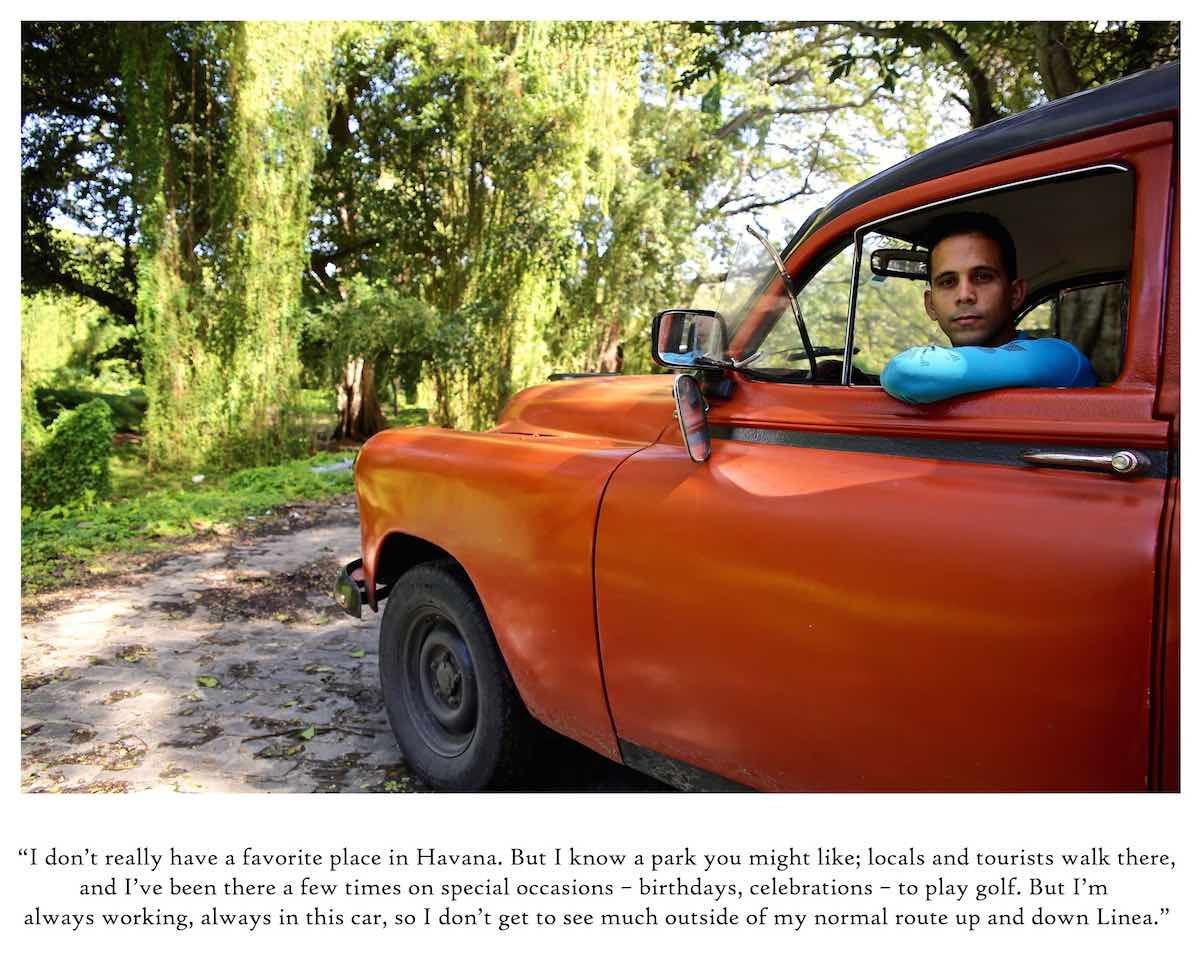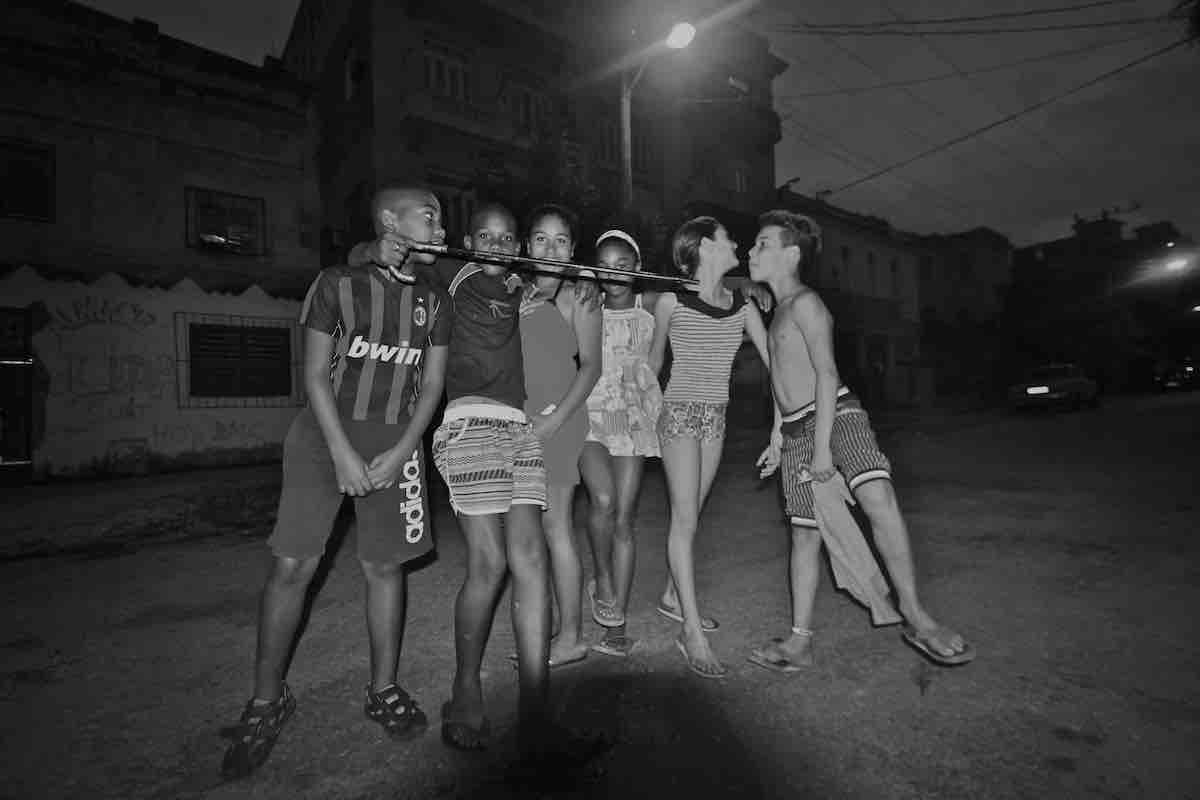Postcards From Cuba
IFMTV-UT 2049 | 4 units | Instructor: Alfonso Morgan-Terrero
At the completion of the course, each student will be able to:
1. chart the basic stages/events in the history of travel writing, travel photography and deltiology (history of postcards)
2. recognize the various forms of travel writing, as well as the different points of view or entry.
3. demonstrate a capacity to represent travel experience in work that combines writing with image(s) in a personal approach.
4. articulate the process of deriving a concept and strategy for the final creative project incorporating writing with image.
Equipment Required: Students must bring a point-and-shoot camera of some kind, whether it's an iPhone or more sophisticated DSLR. They must also bring a thumb drive.



